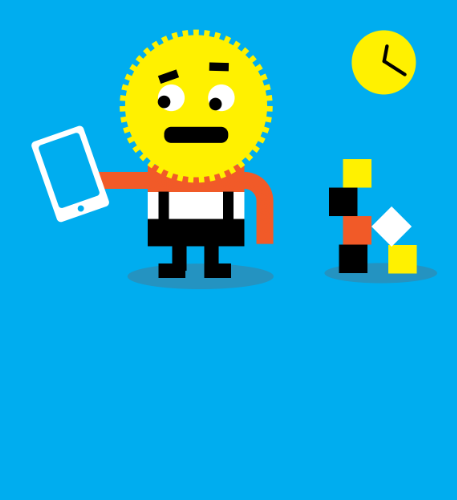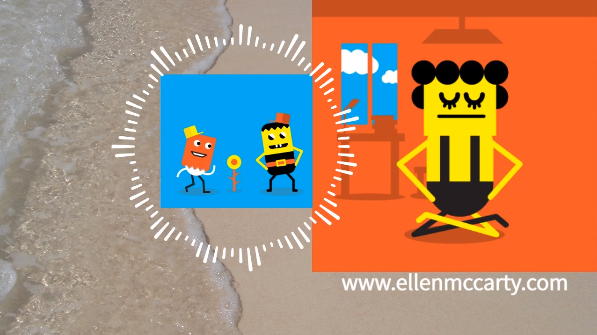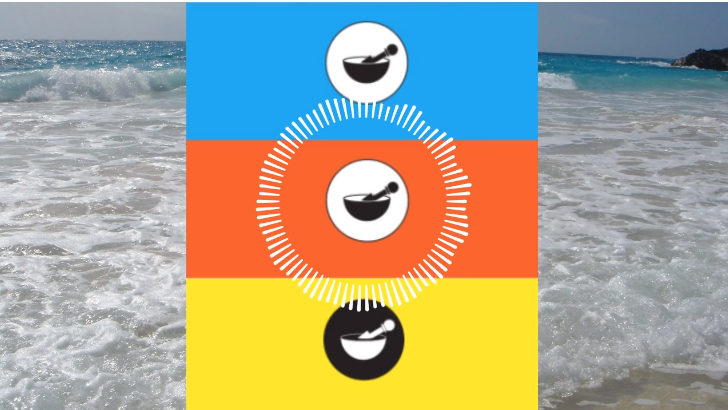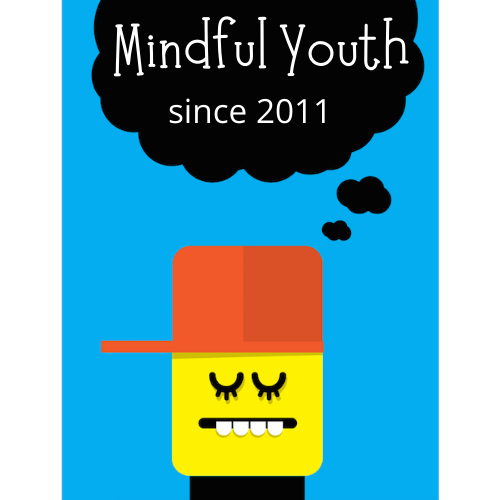Research.

Neurotoxic Pollution & Neurodevelopmental Disabilities
Since poison gas was invented for combat in World War I, our industrial use of neurotoxic chemicals has increased dramatically and with it, the number of children with special needs. A 2016 study by Northwestern University found that babies conceived near toxic Superfund sites were more likely to have disabilities than their siblings born to the same mother after toxic waste was removed. An overwhelming amount of evidence from institutions like Harvard’s School of Public Health now supports the conclusion that industrial chemicals are altering human development.

Online learning: engaging or isolating?
This research paper explores the benefits and limitations of learning management system (LMS) technology that can make General Education more accessible for students in special education and at-risk youth. If used in isolation, however, LMS may limit or even obstruct learning and become yet another barrier to achievement.

Beyond Social Skills
Ms. Ellen’s 2022 research-based podcast is designed for all tweens coping with bullies and other challenges in middle school. In this 15-minute lesson for families, tweens are invited to contemplate the value of cultivating conformity v. authenticity.

When depressed, seek neutral ~ not happy
New mindfulness students tend to believe that the goal of meditation is to experience only calm and happiness. In contrast, advanced meditation practitioners strive to overcome aversion to unpleasant sensations by facing them and, in doing so, discover the value of neutral.

Mindfulness in Special Education
Recent research reveals that even when students with developmental disabilities are not able to practice mindfulness meditation, they still benefit behaviorally and emotionally when family members practice in the home.

When “calm” is a four-letter word
A meditation master will never instruct students to be calm; he simply invites students to be present. Calm is not discussed until advanced stages of meditation practice when students are reminded that any attachment to calm or pleasant mental states is simply that – an attachment.

Ring a Tibetan Bell
For beginners, listen to the sound of the Tibetan bell as you become aware of the breath in your body. An introduction to mindfulness meditation for families.
